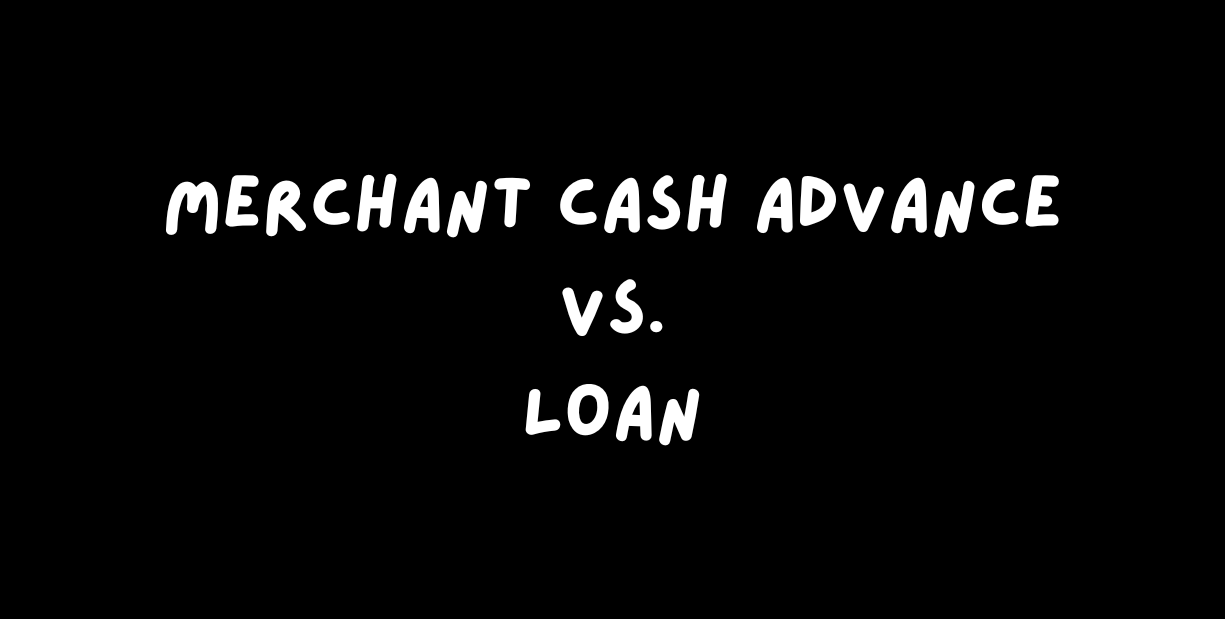The Advantages of Subchapter 5 Bankruptcy Over Chapter 11 Bankruptcy
The Advantages of Subchapter 5 Bankruptcy Over Chapter 11 Bankruptcy
In this blog post, we’ll dive into the differences between Subchapter 5 and Chapter 11 bankruptcy filings, as well as explore the advantages of Subchapter 5 bankruptcy over Chapter 11 bankruptcy. We’ll also discuss the requirements for filing for Subchapter 5 bankruptcy, specifically focusing on the needs of New York residents.
Subchapter 5 and Chapter 11 bankruptcies are similar, but they have some crucial differences. Chapter 11 is the most commonly known form of business bankruptcy, while Subchapter 5 was introduced in 2019 as a result of small business owners requesting a more streamlined and cost-effective method. One of the most significant differences between the two is eligibility, as Chapter 11 is much broader and can be used by both large and small businesses, whereas Subchapter 5 has stricter requirements for eligibility.
One key advantage of Subchapter 5 bankruptcy is that it’s a much faster process than Chapter 11. For small businesses, speed is crucial, and the fewer bills they have to pay during a bankruptcy process, the better. The process for Subchapter 5 bankruptcy can take as little as 90 days, while Chapter 11 bankruptcies can last for years. This timeframe is significant since it allows for small businesses to reorganize and recover from financial distress quickly.
Another benefit of Subchapter 5 bankruptcy is that it’s cost-effective. The fees for filing a Subchapter 5 bankruptcy are significantly less than those for a Chapter 11 bankruptcy. In addition, the fees are capped, so small businesses will not have to pay an unlimited amount of money while seeking relief.
Subchapter 5 bankruptcy also provides an automatic discharge of debt at the end of the process. This is a significant advantage, as it means that small businesses will not have to pay their debts after their bankruptcy period is over. This can help small businesses get a fresh start and move forward with their ventures.
One of the requirements for Subchapter 5 bankruptcy is that you must have a debt-to-income ratio under $2,725,625. While this requirement may seem challenging to meet, it’s important to note that small businesses with higher debts can still file for Chapter 11 bankruptcy. Another requirement of Subchapter 5 bankruptcy is that you must have a repayment plan, which means that you will have to pay your creditors back over time. This ensures that creditors get some form of payment for the debts owed.
Choosing the right type of bankruptcy can be challenging, but it’s essential to examine the differences carefully. Subchapter 5 bankruptcy offers a faster, more cost-effective, and more streamlined process for small businesses. While Chapter 11 may be the right choice for larger businesses, Subchapter 5 provides a more targeted and efficient solution for small businesses in financial distress. New York small business owners interested in filing for Subchapter 5 bankruptcy should consult with a bankruptcy attorney to ensure that they meet the eligibility requirements and follow the required legal procedures.











